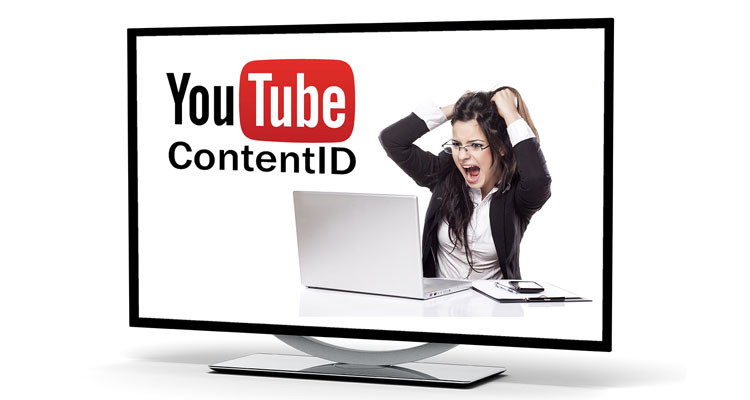Getting a copyright notice on a video you post to YouTube can be a frustrating and even a bit scary. What does it mean when you get a copyright notice? To understand this, let’s take a look at what the ContentID program was intended for.
Google and Youtube have several pages dedicated to explaining the contentID program.
Pros of Content ID:
- Allows copyright holders (mostly music holders) with large libraries to register their copyrights with YouTube.
- Helps monitor authorized and unauthorized uses of their copyrights.
- Allows copyright holders to monetize their work by placing advertising alongside and before videos that use their music/copyrights in their videos.
- “False Positives” are very uncommon. As a composer, I have sold 13,000 songs, I have only been notified 4 times to date. This is a rare occurrence in my experience.
Cons:
- Allows copyright/music holders to run adds that you can’t control on your video.
- Allows anyone to register copyrights/music with YouTube and claim they own the rights without showing any proof of ownership. It has rarely happened. As a composer, I have had video creators upload videos that feature my music tracks in the ContentID program. When they do this, the audio gets entered into the system even though they do not own the copyright. As far as YouTube is concerned, the videographer now owns the music. As I mentioned, this has only happened 4 times to date.
So what happens when you get a YouTube copyright notice?
If you own the Copy right, read here:
Copyright owners can choose different actions to take on material that matches theirs:
- Mute audio that matches their music
- Block a whole video from being viewed
- Monetize the video by running ads against it
- Track the video’s viewership statistics
This causes all kinds of problems when the track has been wrongly registered or is a false positive.
If you have purchased the license to use the music and you are not the copyright owner, read here:
- As part of the notice, click on the option to appeal the notice.
- Click on this link and explain that you hold a legally authorized license to use this music.
- Upload your invoice for the track and a copy of the license to document your claim.
- Notify the composer you licensed the music from that you received a copyright notice so that they can try to resolve it on their end as well.
Most of the time this clears up the problem. If it does not work for you, you will need to contact the library you licensed the music from and they can file a DCMA and a claim of fraudulent copyright with YouTube.
When you license music from RoyaltyFreeGuru.com , you can be assured we have not registered our music with any ContentID programs. If you get a copyright notice with one of our tracks, we will do our best to resolve it.


